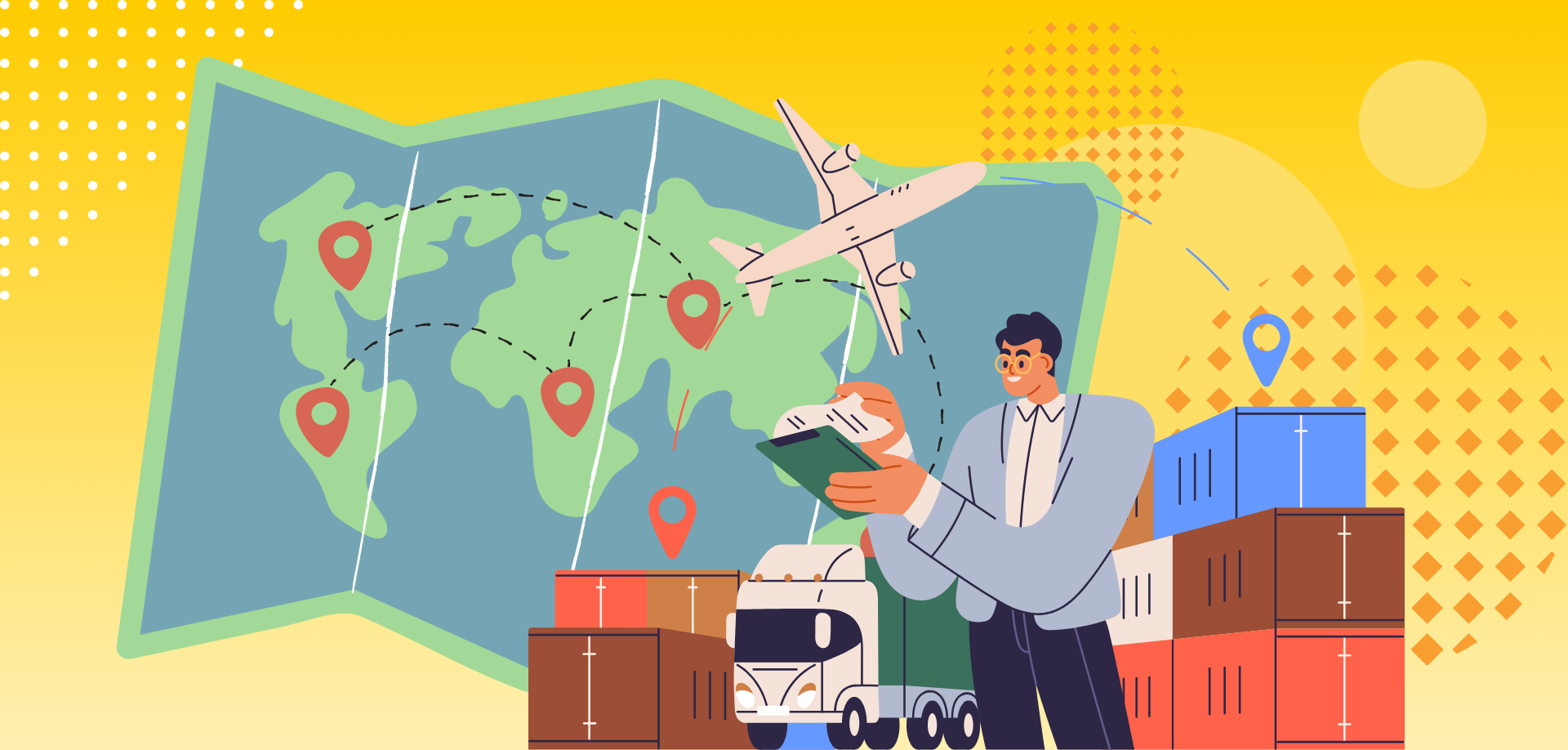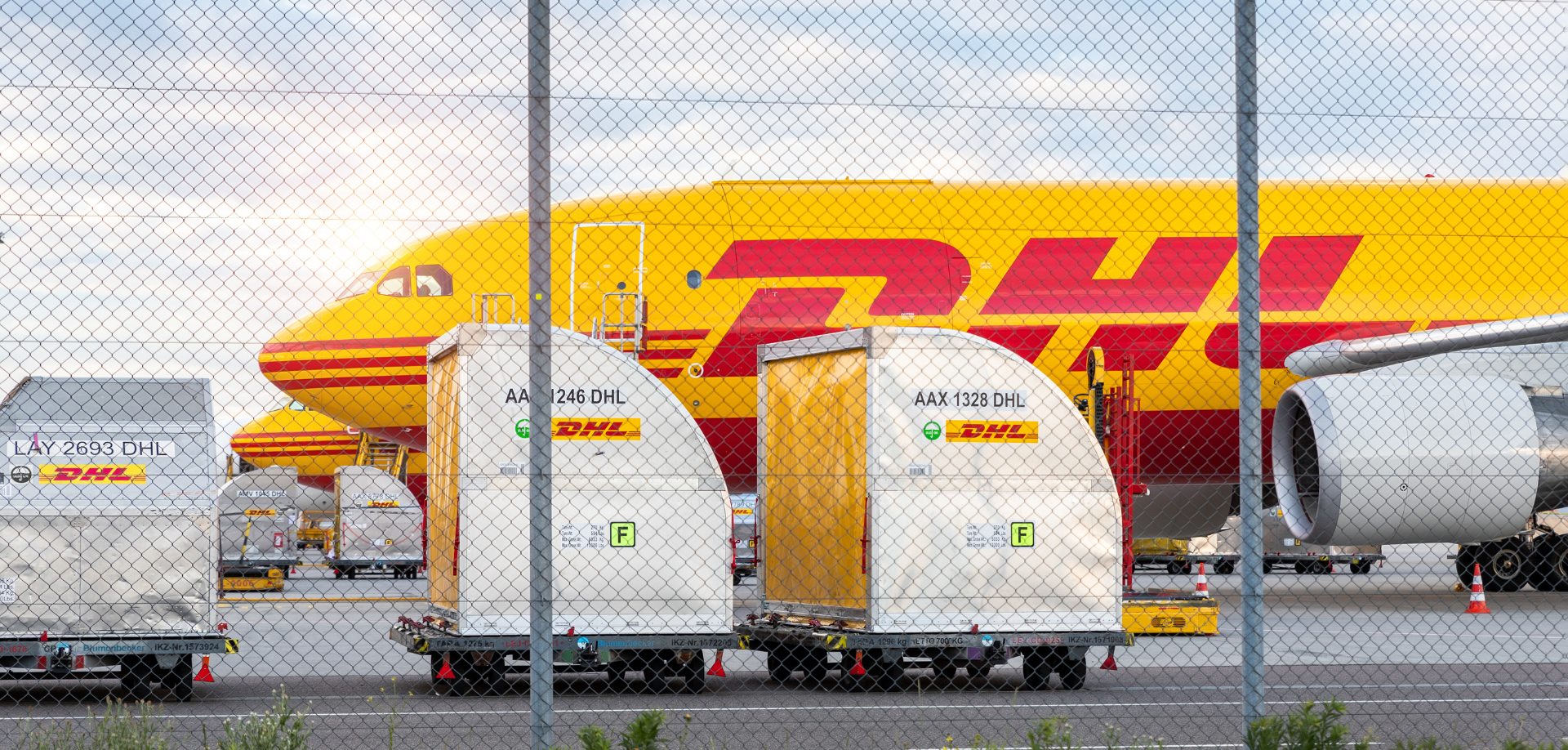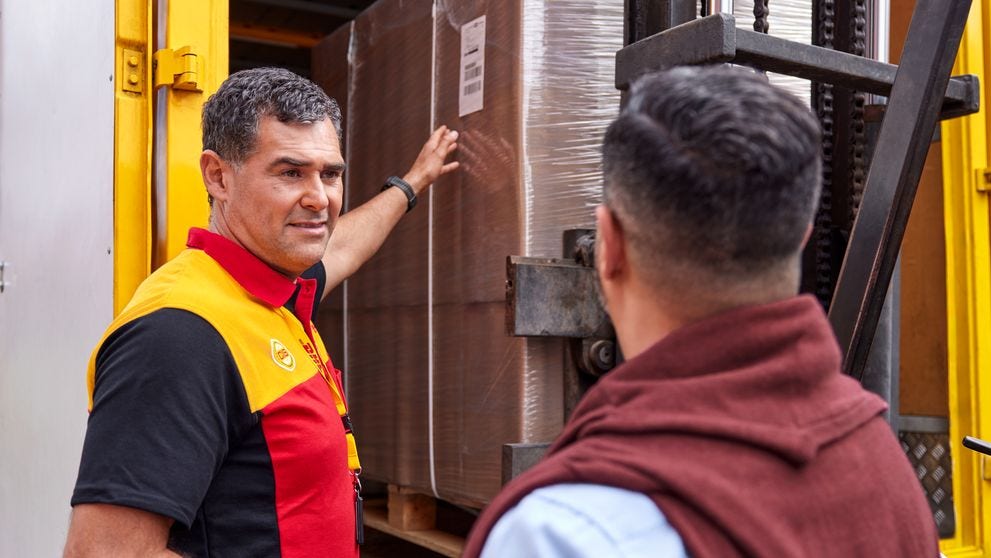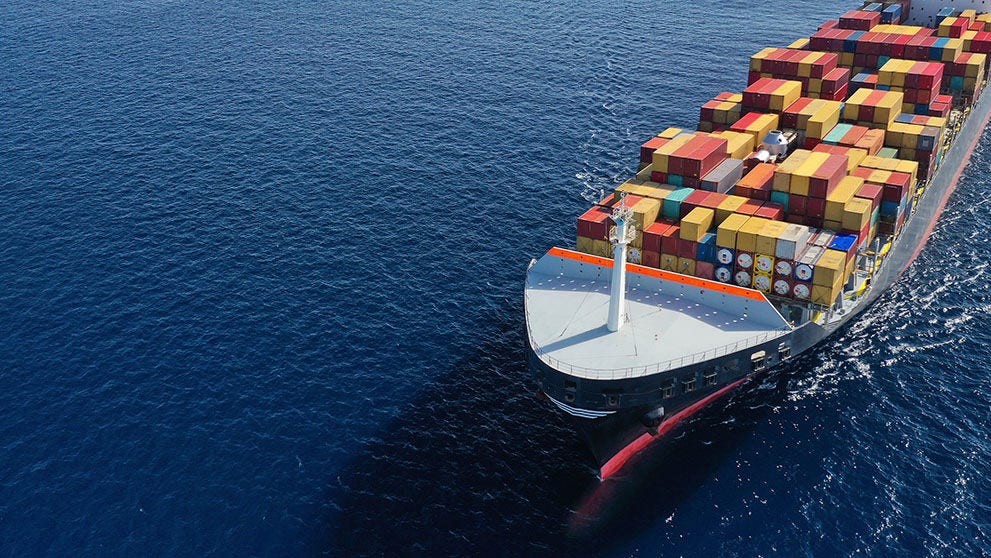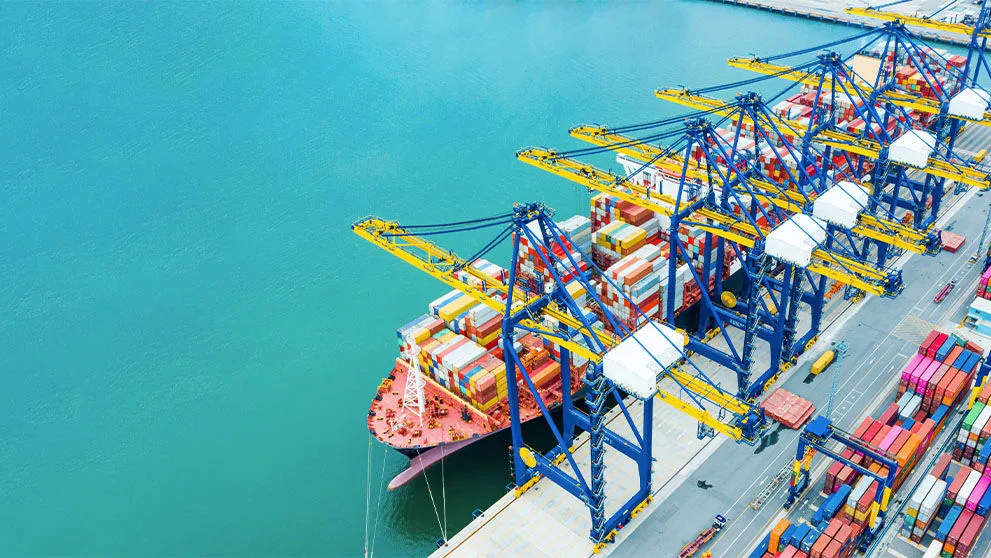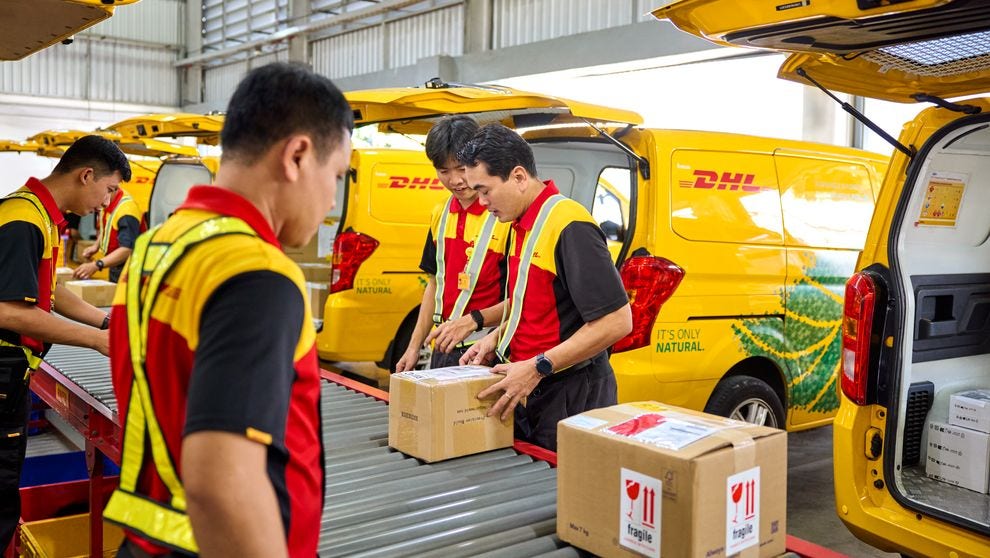
Shipping liquids internationally presents unique challenges due to their nature. Unlike solid goods, liquids can leak, spill, and even pose hazardous risks if handled improperly. This is why international shipping regulations, carrier restrictions, and country-specific laws are in place to govern the transportation of liquids across borders. Understanding and complying with these regulations is not just a legal obligation but also a matter of ensuring the safety of all parties involved in the shipping process.
Whether you're sending a gift or a business fulfilling international orders, understanding these regulations and following best practices for packaging and documentation is paramount. This guide will walk you through the critical aspects of shipping liquids, from understanding regulations and selecting appropriate packing materials to completing documentation and choosing the right international shipping carrier. By following these guidelines and partnering with a trusted logistics provider, you can navigate the complexities of liquid shipping with confidence and efficiency.
Understanding regulations and restrictions
The International Air Transport Association (IATA) and the International Maritime Organization (IMO) have established comprehensive regulations for shipping liquids by air and sea, respectively. These regulations classify liquids based on their properties, such as flammability, toxicity, and corrosiveness. Some liquids may be prohibited altogether, while others might require special permits or packaging. In addition to international regulations, major carriers have their own specific guidelines and restrictions for shipping liquids. Familiarising yourself with these carrier-specific guidelines is crucial to avoid any issues during the shipping process.
It's also important to note that destination countries may have their own specific regulations regarding the import of liquids. For example, some countries might have restrictions on the quantity or type of liquids that can be imported, while others might require specific labeling or documentation. Thoroughly researching and understanding destination country-specific regulations is essential to avoid any delays or confiscation at customs.
Preparing liquids for shipment
To ensure the safe and successful international shipment of liquids, meticulous packaging is essential. Proper packaging not only protects the liquids from damage during transit but also prevents leaks and spills that could cause harm or delays. Here's a refined guide on how to pack liquids for shipping:
- Securely seal the primary container: Store the liquid in water-tight containers or bottles and seal the cap of the container with tape to secure its contents. You may also choose to double-seal it with vacuum seals or place them in a waterproof bag.
- Place containers in a sturdy outer packing box: Use a corrugated cardboard box that can withstand the rigours of international shipping. Cushion the bottom and walls of the cardboard box to ensure the containers do not get damaged.
- Fill voids with cushioning materials: Use packing peanuts, foam, or crumpled paper to fill any empty spaces in the box, preventing the containers from shifting during transit.
- Seal the package: Once all the containers have been securely packed inside the box, seal the box with strong tape. Use two layers of tape to ensure extra security.
- Label the package: Label the box by adding stickers such as ‘Fragile’ or ‘Liquids’. This informs the relevant individuals that the shipment needs to be handled carefully.
Completing necessary documentation
Shipping liquids internationally requires a set of documents, including commercial invoices, shipping labels, and possibly special permits or certificates, especially for hazardous materials. Accurate documentation is essential for smooth customs clearance. Typically, you'll need:
- Commercial invoice: This document details the contents of the shipment, including the description of the liquid, quantity, value, and the sender and receiver's information.
- Shipping label: These labels contain essential information such as the sender and receiver's addresses, tracking numbers, and handling instructions.
- Material Safety Data Sheet (MSDS): This document provides detailed information about the liquid's properties, potential hazards, and safe handling procedures. It is often required for hazardous materials.
- Other permits or certificates: Depending on the nature of the liquid and the destination country, you might need additional permits or certificates. For example, alcoholic beverages might require specific licenses, and certain chemicals might need export permits.
It is crucial to accurately declare the contents of your shipment and provide all the necessary documentation. Inaccuracies or omissions can lead to delays, additional inspections, or even rejection of your shipment. Consider consulting with your international shipping company for guidance on specific requirements and documentation procedures for your particular shipment.









